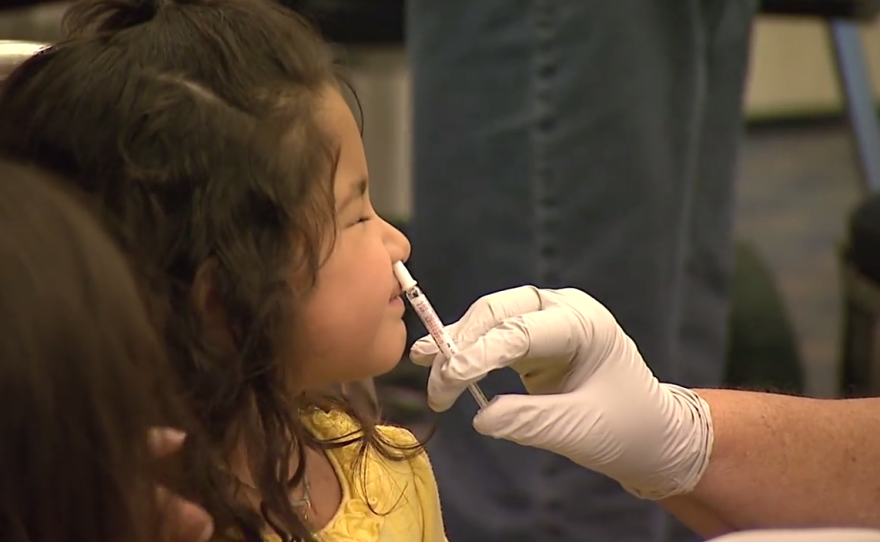The number of pertussis cases in San Diego County so far this year has surpassed the record set in 2010, the county Health and Human Services Agency announced Wednesday.
The county health department has tallied 1,183 confirmed diagnoses of the disease also known as "whooping cough" in 2014. The 2010 total was 1,179, according to the HHSA.
In all of last year, 431 cases were reported.
"Pertussis activity tends to go in cycles and peaks every three to four years," Dr. Wilma Wooten, the county's public health officer, said. "We are working with local health care professionals and educators to stress the need for everyone to be up-to-date with their vaccinations and for pregnant women to get vaccinated."
She said that even though school is out in most areas, clusters of cases have occurred at year-round campuses, summer camps and daycare facilities.
Nearly half the cases have occurred in teens from 13-18 years old. Nineteen patients have been hospitalized, a dozen of them infants less than a year old, according to the county health department.
The illness is especially tough on newborns and infants. The three fatalities in California so far this year have involved victims under age 1. None of them have been in San Diego County.
Health officials urge expectant mothers and those who come in contact with infants to get vaccinated.
A typical case of pertussis starts with a cough and runny nose for one to two weeks, followed by weeks to months of rapid coughing fits that sometimes end with a whooping sound. Fever, if present, is usually mild.
Antibiotics can prevent spreading the disease to others and can lessen the severity of symptoms, according to health officials.
The U.S. Centers for Disease Control and Prevention recommends that children get doses of the vaccine at the following ages: 2 months, 4 months, 6 months, 15 to 18 months, and 4 to 6 years. Health officials also recommend that preteens and adults get a booster.
Infants younger than a year old are especially vulnerable because they do not have the full five-dose series of pertussis vaccinations.
Parents can obtain the vaccine series and the booster shot for themselves and their children through their primary care physician. Local retail pharmacies offer vaccinations for a fee, and anyone not covered by a medical insurance plan can get the shot from a county public health center at minimal or no cost.
Information about whooping cough and vaccination clinics is available at the HHSA Immunization Branch by calling (866) 358-2966, or online at sdiz.org.







